The Importance of Knowing Your RV's Weight - featuring Smart Weigh
As most of you know, we recently transitioned from full-time in a 38 foot 5th wheel to full-time in a Class A. We loved our 5th wheel! It was spacious, the floor plan was great (Palomino Columbus 320 RS), and we had no problems out of it. So, all should have been good, right? Well, almost. We were full-time in the 5th wheel before we owned TechnoRV. Since acquiring the business, we have been going to RV rallies and quickly realized that we may have a weight issue. Our life changed, and therefore what we needed from our RV changed. It wasn’t until the RV Super Show in Tampa, Florida, this year that I decided I could not hide from the facts anymore. The 5th wheel could barely fit everything we needed to take, and the weight of our 5th wheel was getting out of hand. We had inventory, steel grid walls, marketing materials, and a lot more. We looked like the Beverly Hillbillies driving down the road. From the weight issue alone, we decided we had to transition to a Class A in order to continue. When we had the 5th wheel, I had weighed it one time. It was a half-hearted weighing, but better than nothing. I pulled over to the CAT scales at a truck stop, paid 12 bucks and got weighed. I was within my overall limits, but barely. I didn’t need to weigh again; I knew it was a problem once we started carrying more business supplies, and we needed to make a change.
There are many reasons to weigh your RV, no matter what type you have, and if you are going to weigh it, you might as well do it the right way. The top reasons to weigh your RV are:
- Your tires are only rated for just so much weight, and if you exceed this then you are putting yourself and those around you in danger.
- If you are in a Class A, B, or C, then your chassis/frame is only rated for so much weight, again, exceed this and problems can arise.
- If you pull a travel trailer or 5th wheel, your pulling vehicle is only rated to pull so much weight. Your limiting factor will likely not be what the engine can pull, but rather the weight on the bumper for travel trailers or the pin weight for a 5th wheel. My F350 pulled the weight of our 5th wheel just fine, but the pin weight from the 5th wheel was the issue. Beware of slick marketing from the trucking companies. Apparently, a Toyota can tow a space shuttle????
- The proper tire pressure in your tires is dependent on the amount of weight on them. If you don’t know your weight, then you don’t know what the proper psi would be for your tires.
Now all of these reasons come down to your own personal safety, the reliability of your RV, and the legalities of abiding by the legal limits of your RV while on Federal, State, and local roads. I know you are convinced, and I know most people already have an idea about this, but I am surprised at the number of RVers with improper air pressure in their tires. I keep an air compressor with me and within the last week I have assisted several RVers with airing up their tires. One RVer was running 70 pounds on his inside duals and the outside duals had 95 pounds. This is dangerous, and bad for your tires and RV.
Here is an example: a customer called me about 6 months ago and said that he wanted one of our tire pressure monitoring systems. He proceeded to tell me that he flipped his RV because both of his inside duals were underinflated (40 psi), and the stress sheered the bolts of the wheel and his RV flipped as a result. He was okay, but his RV was a total loss. He bought a new RV, and his first order of business was a tire pressure monitoring system; good idea!
This is not a scare tactic; it is the facts. Get weighed and monitor your tire pressure! Now, let’s talk about how to properly weigh an RV.
Any type of weighing is better than nothing. I wrote an article a few months back on tire safety and the different types of scales that you may encounter. The scales that you find at truck stops will give you a total weight of your RV, and in some cases will even weigh by axle. This is adequate, but does not give you a 100% clear picture.
The Escapees group has developed a system called Smart Weigh. We had the opportunity to go through this weighing process recently. Jim and Lisa Koca with Escapees Smart Weigh allowed us to shoot video and document the process so that I could pass it along to you. Here is the Smart Weigh difference. The Smart Weigh system weighs your RV at each tire. No doubt this is the most effective way to get the most accurate readings. It is common that an RV could be overweight on one tire and not on another. Weighing by axle does not give you this type of info. With the weight at each tire you can now make weight adjustments to your RV. This may include moving some items from one side of the RV to another. Of course, as we travel we have a tendency to accumulate more stuff, and so from time to time it is a good idea to purge, and weighing your RV gives you incentive to do this. The other advantage of Smart Weigh is that they take the time to talk to you about your results. They will compare your results with the chassis and tire limits, explain what all the numbers are on the side of your tires, and recommend the proper psi for your tires. In addition, the Smart Weigh team measures the height of your RV so you will never have to estimate your highest point again.
Quick Tip: Did you know you should have the same psi on tires across an axle? It is okay to have different psi levels from front axle to back axle, but across a single axle should be the same.
The process for getting weighed with Smart Weigh looks like this:
1) Call Smart Weigh and schedule an appointment. They have permanent locations in Livingston, TX; Congress, AZ; and Bushnell, FL. You can also find Smart Weigh on the road at select Escapee rallies. I know they will be at Escapade this year (2016) in Essex Junction. Here is a link to the Smart Weigh site and contact info:https://www.escapees.com/knowledge/smartweigh
3) Now, just show up for your appointment. Be sure to show up with everything as if you were traveling, including water in the fresh tank (I had 1/3 when I weighed; some carry more some carry less), empty black tanks and grey tanks (liquid weighs around 8 pounds a gallon), and then bring the dogs, kids, in-laws, and anything else you travel with.
4) When you arrive, you will be instructed what to do from there. I was not weighed at a permanent site, but the temporary set up was easy. I never got out of my RV until the weighing was done.
5) After the weighing is completed, then the weigh master will walk you through the numbers.
The results are just the start, and it is okay if you are out of specification at the weigh in. You can’t correct a problem you don’t know exists. Now it is time to correct the issues if you have any. If you pull a 5th wheel or travel trailer, you may or may not have enough truck for the job. You may have overweight issues, or you may be within your limits; either way, knowledge is power. If you are in a motorhome, you may have weight distribution issues, or the tow car may be overweight. Don’t panic, even though I panicked a little bit; luckily all of my weights were in the acceptable range (Tami promptly pointed out that she can bring more kitchen gadgets on board now). With the Smart Weigh information, I was able to dial in on what my proper psi should be for my tires, and I feel very good about that. I learned that my limiting factor is my chassis weight, not what my tires can handle. My Michelin tires can haul a lot more weight than the chassis is rated for.
Bottom line is that if you are overweight, or don’t have enough truck for the job, review your options to correct the issue. Solutions could be simple like redistributing weight in your RV, getting rid of some weight, buying a bigger truck (OUCH!), or moving weight from the RV to the tow vehicle (assuming the tow vehicle has weight to spare). There are options to get these issues corrected. You will be all the safer because of it, and your RV and tires will last longer. Look at what I had to do; in the end, the demands of this business were more than my 5thwheel could deal with from a weight stand point. My solution was to move to a Class A. If I did not have this business, and did something else from the road, then we would still be in the 5thwheel. Now most people don’t have a business like I do, and you can make more subtle adjustments, but for me, the solution was not optional.
Now that you are weighed, corrected any issues, and have your tires at the proper psi, it is now time to ensure you continue to monitor the tire pressures. If you do not have a Tire Pressure Monitoring System (TPMS) then you need to get one. These units are an investment in the safety of your trips. The TST TPMS is the best system on the market, and the only system that we will sell. The company stands behind their product and their customer service team is great. TST systems use GE circuitry and double insulated caps for durability - no cheap components. Check out these systems today, and email us, call, or chat online with us if you have questions.
In summary, the Smart Weigh experience was awesome. It only takes 15-30 minutes, and you will learn so much from the weigh masters. Jim and Lisa were so knowledgeable, and we were soaking it all up.
If you would like to see the entire process, along with the interview, you can check it out on our YouTube channel.


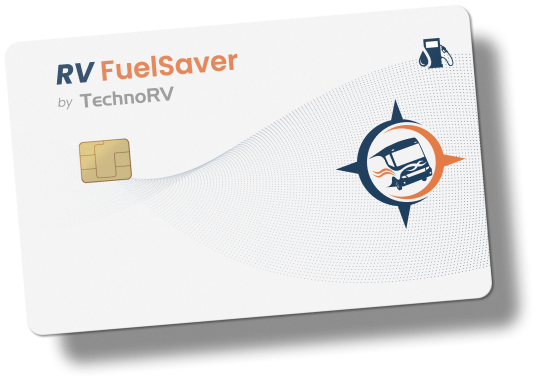
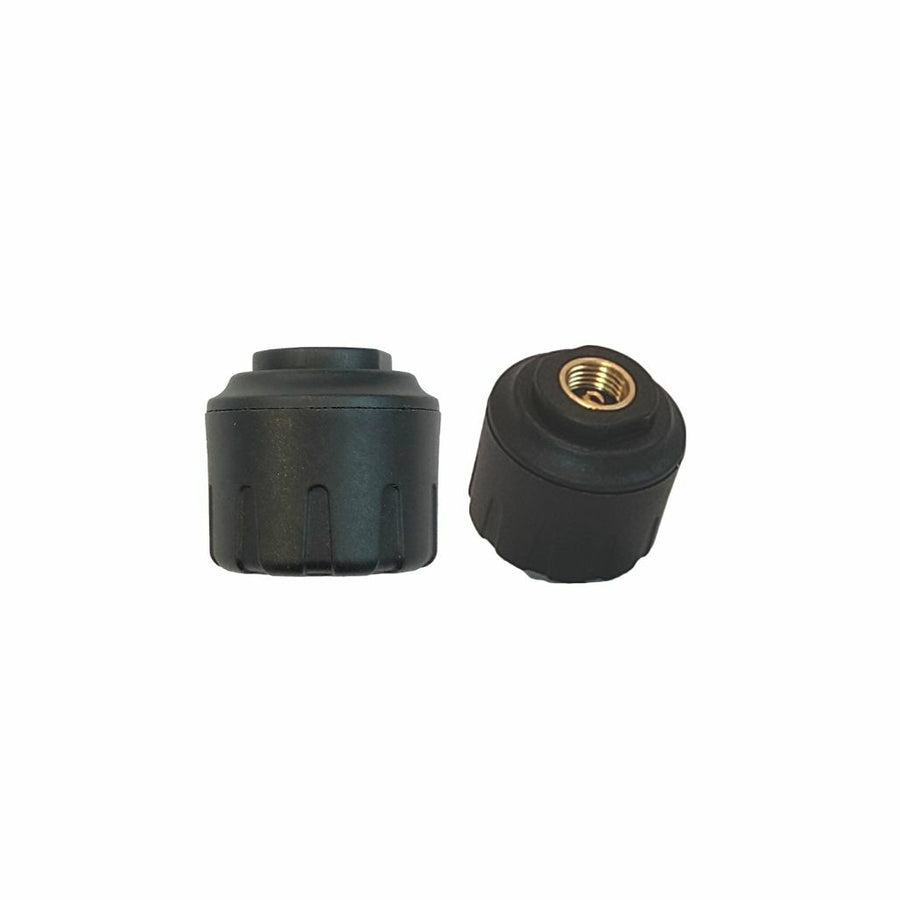
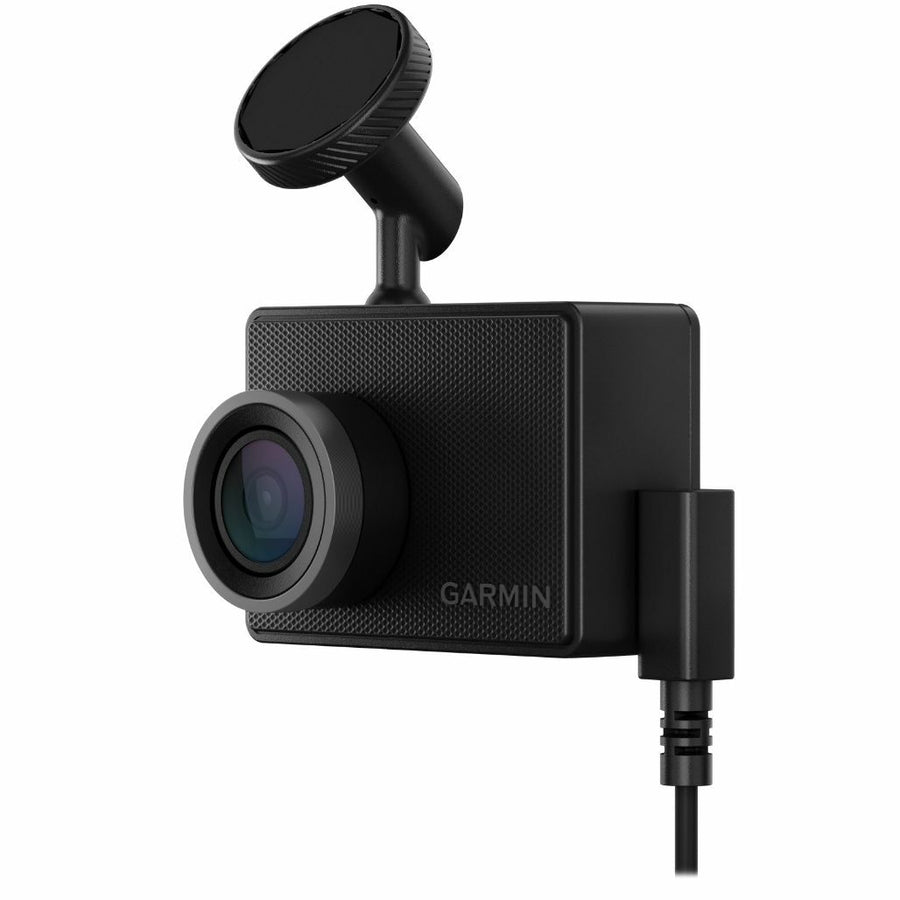
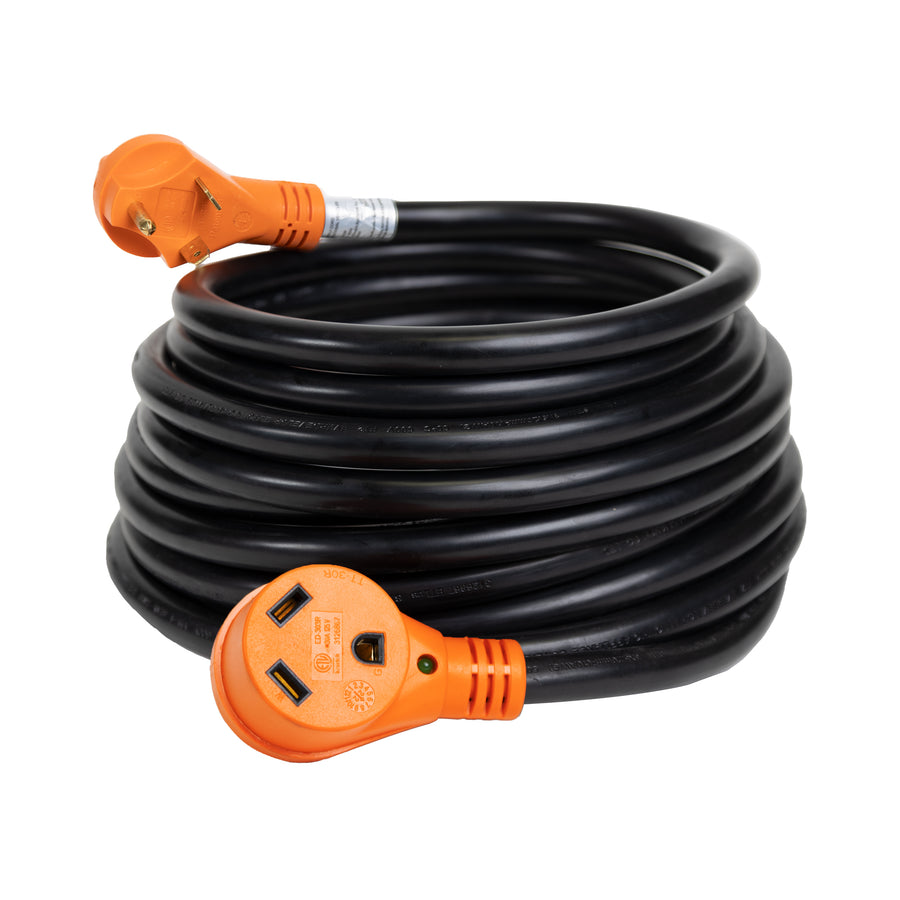
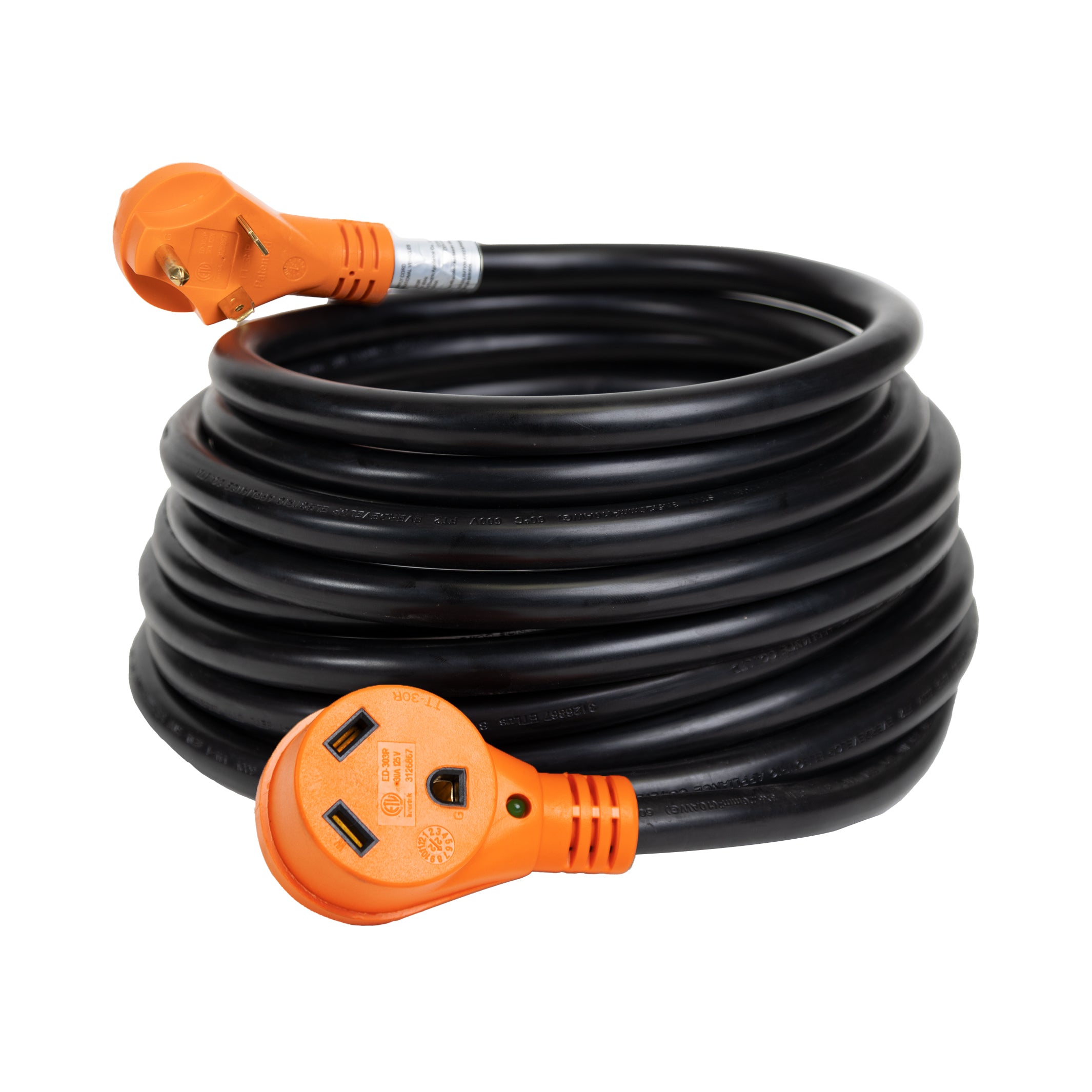



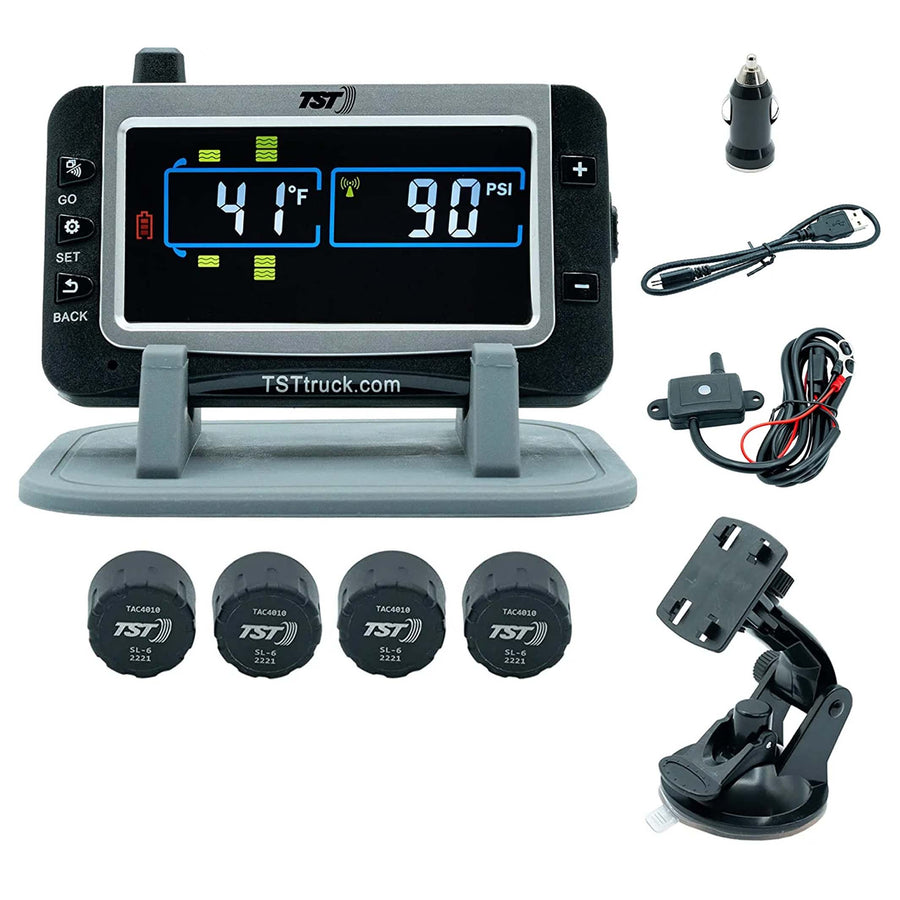
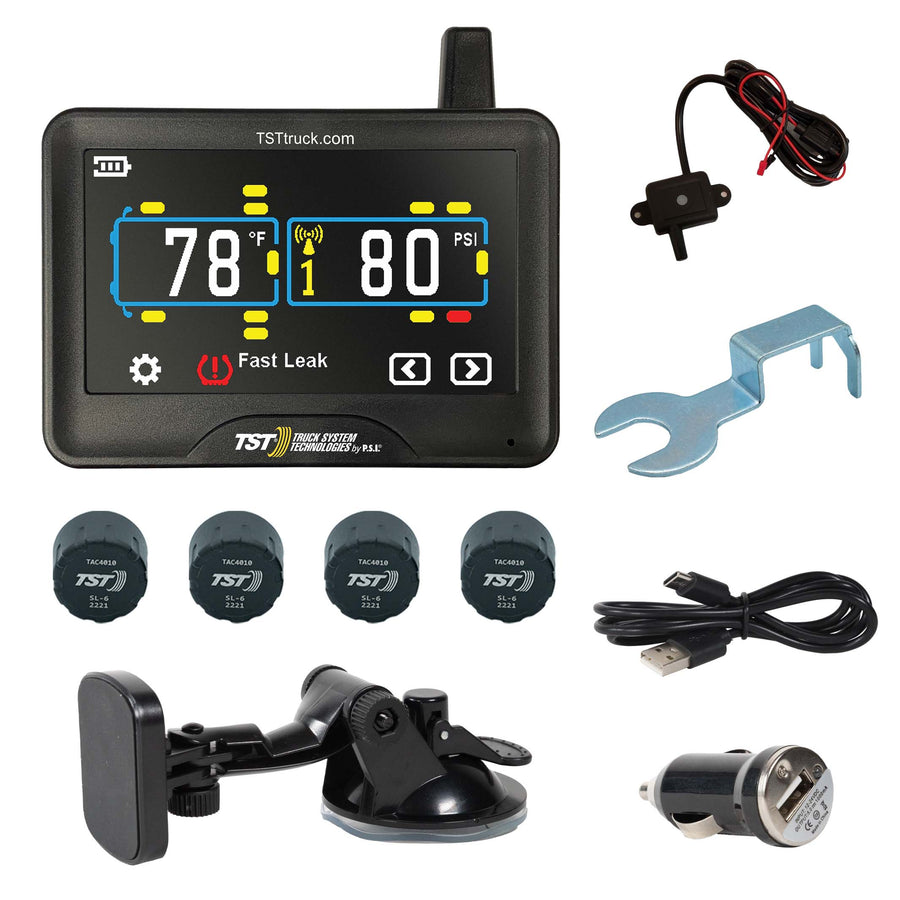
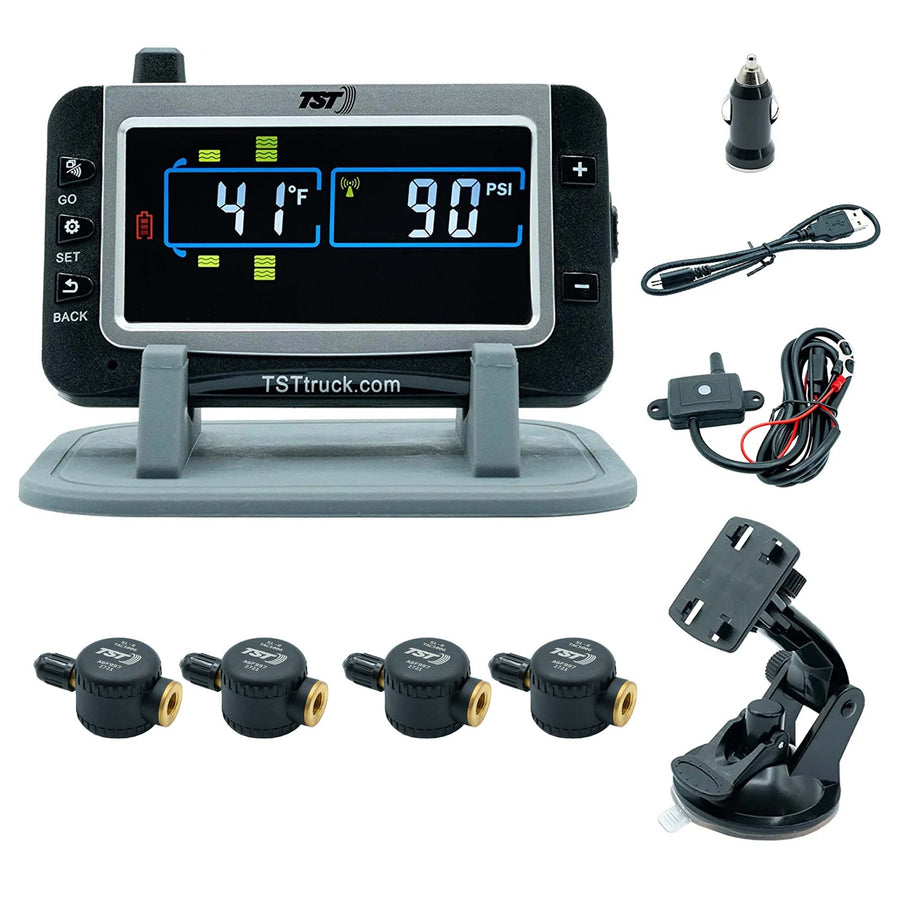
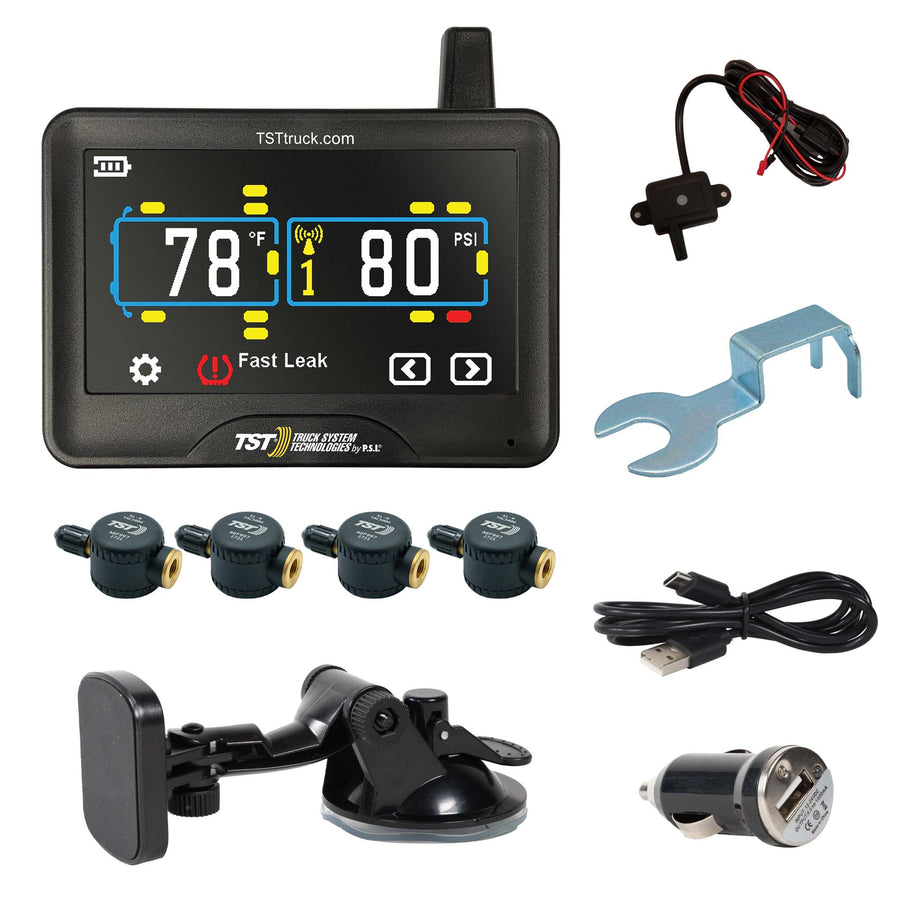
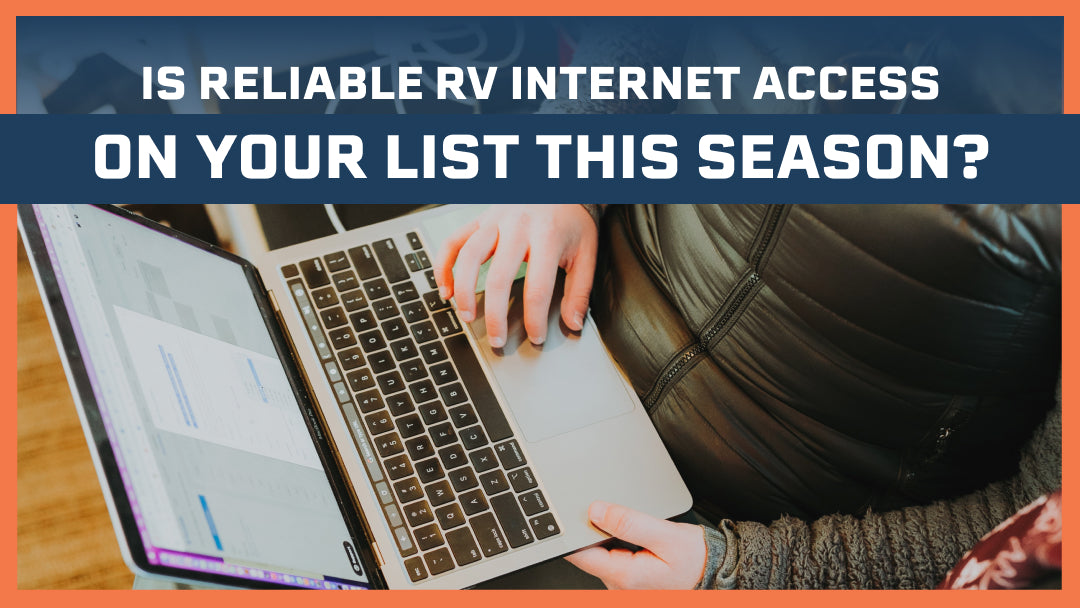
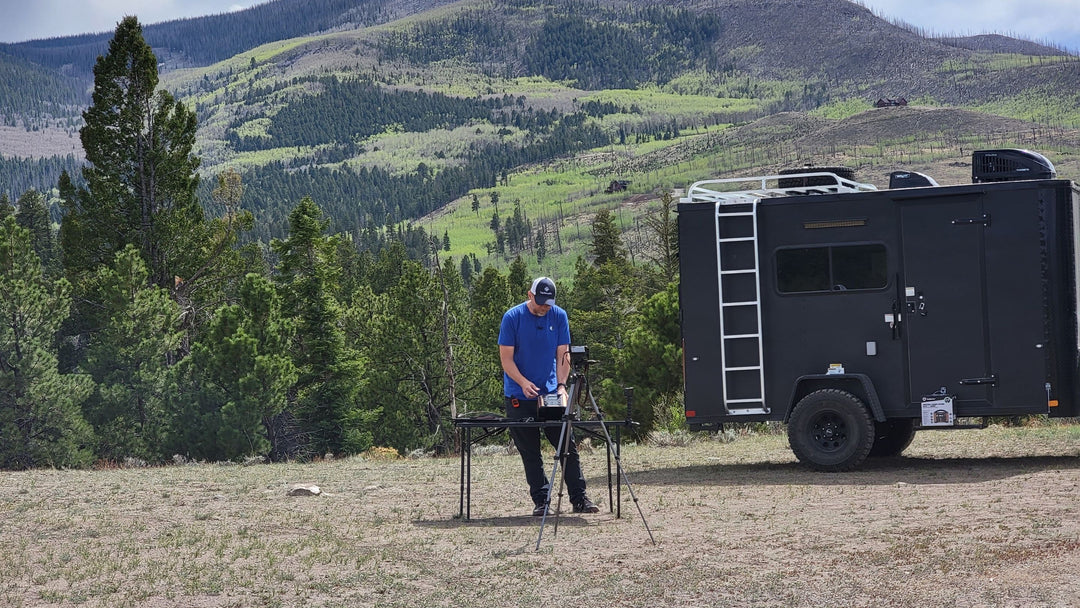
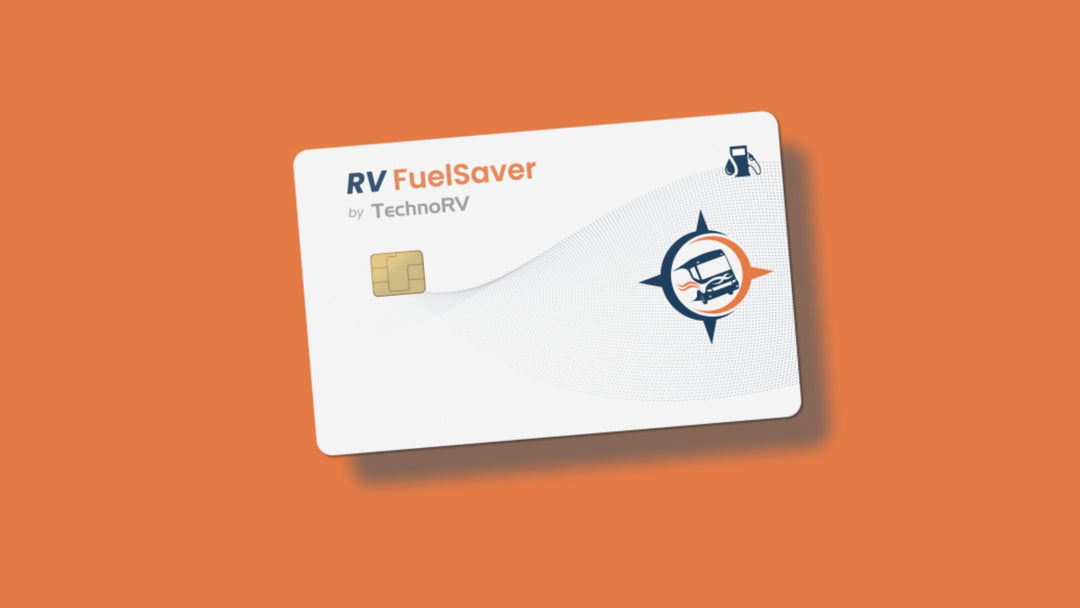
Leave a comment